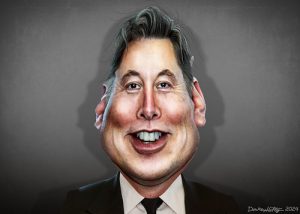OpenAI, Still Haunted by Its Chaotic Past, Is Trying to Grow Up

OpenAI, the often troubled standard-bearer of the tech industry’s push into artificial intelligence, is making substantial changes to its management team, and even how it is organized, as it courts investments from some of the wealthiest companies in the world.
Over the past several months, OpenAI, the maker of the online chatbot ChatGPT, has hired a who’s who of tech executives, disinformation experts and A.I. safety researchers. It has also added seven board members — including a four-star Army general who ran the National Security Agency — while revamping efforts to ensure that its A.I. technologies do not cause serious harm.
OpenAI is also in talks with investors such as Microsoft, Apple, Nvidia and the investment firm Thrive for a deal that would value it at $100 billion. And the company is considering changes to its corporate structure that would make it easier to attract investors.
The San Francisco start-up, after years of public conflict between management and some of its top researchers, is trying to look more like a no-nonsense company ready to lead the tech industry’s march into artificial intelligence. OpenAI is also trying to push last year’s high-profile fight over the management of Sam Altman, its chief executive, into the background.
But interviews with more than 20 current and former OpenAI employees and board members show that the transition has been difficult. Early employees continue to leave, even as new workers and new executives pour in. And rapid growth hasn’t resolved a fundamental question of what OpenAI is supposed to be: Is it a cutting-edge A.I. lab created for the benefit of humanity, or an aspiring industry giant dedicated to profits?





